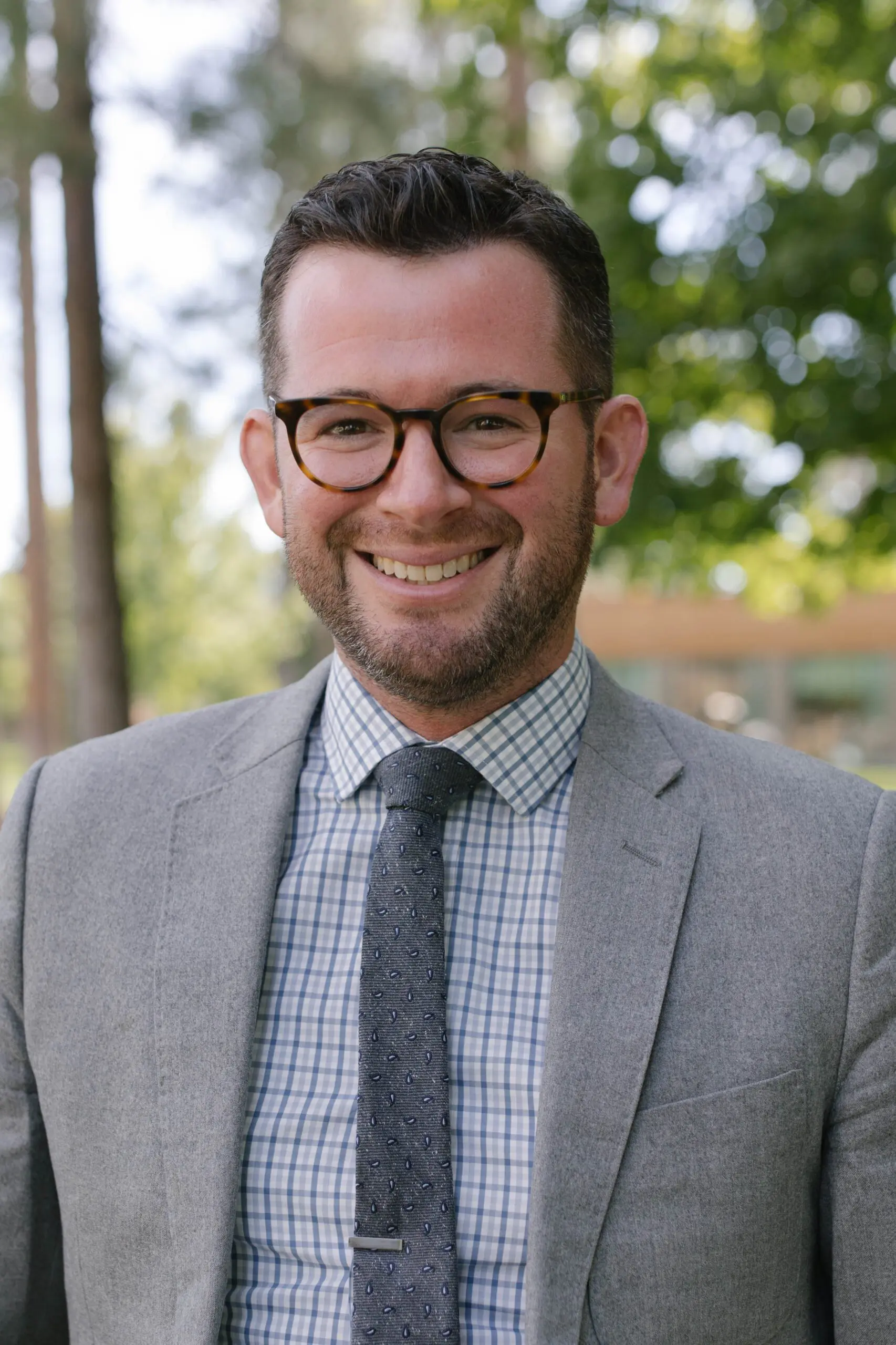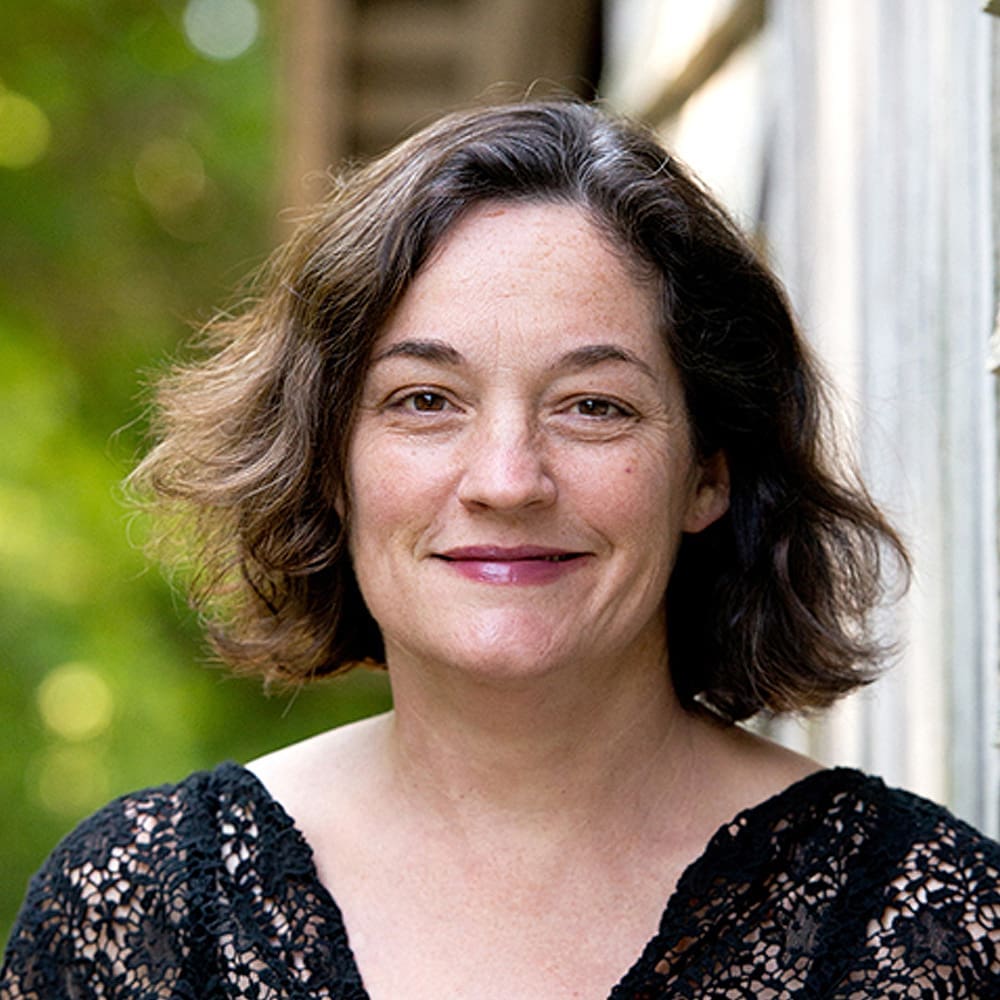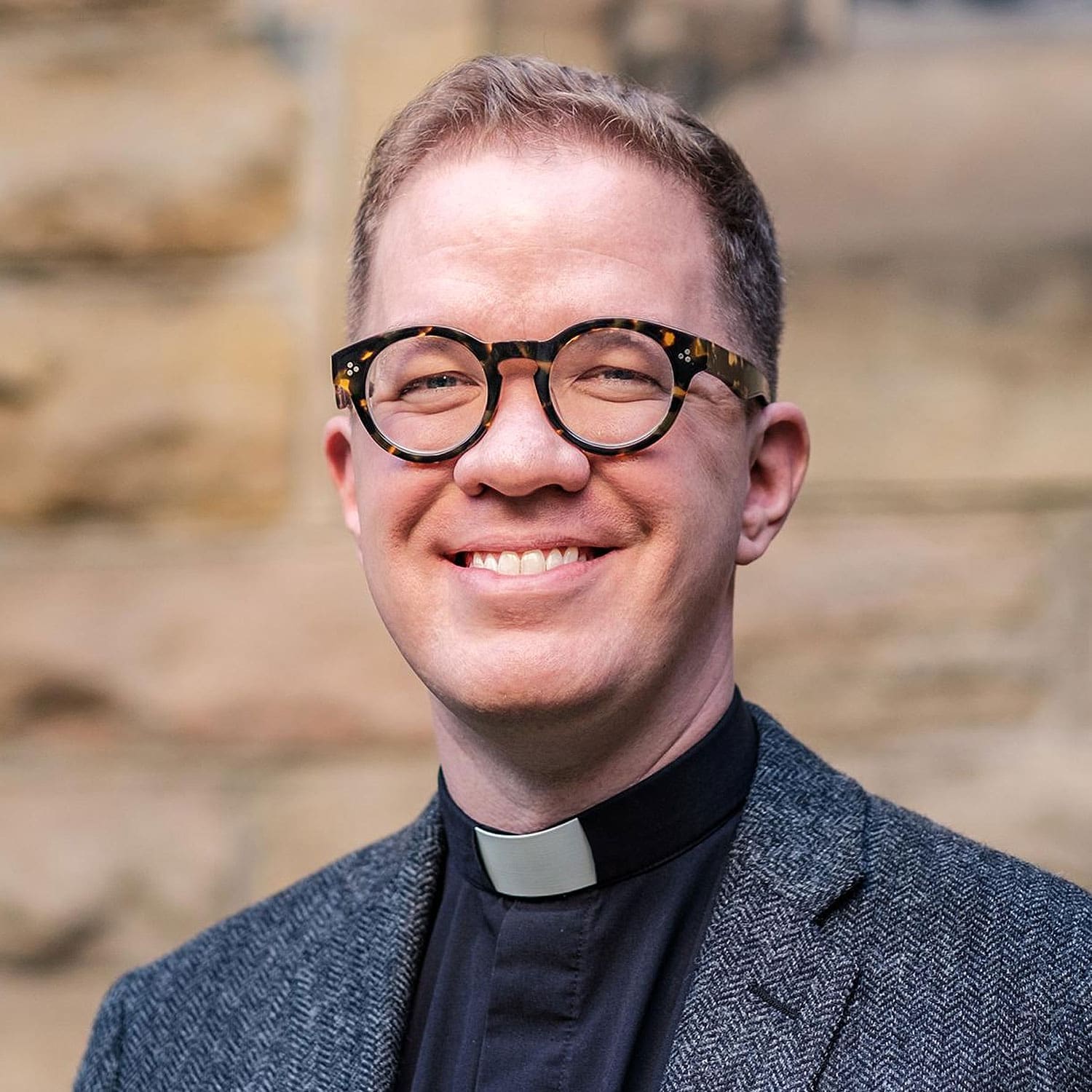Anne Snyder: Community: The Structure of Belonging by Peter Block
It’s been a tough year for the US of A. Political shock has cracked open deep schisms in families and friendships, neighborhoods and communities of faith, many of our assumptions about what makes for a healthy democracy turned over like beetles on their backs. I myself have been blinking a thousand times a minute, desperately wanting to understand both the core nature of our national dysfunction and where hope concretely lies.
One day back in May, I was walking by some bookshelves when a title beckoned like a pure melody amidst loud disturb: Community: The Structure of Belonging said the binding. I didn’t know if it was mine or my husband’s, but I recognized the author from an earlier read of a book called The Abundant Community, and plucked it. It did not disappoint.
“The essential challenge is to transform the isolation and self-interest within our communities into connectedness and caring for the whole,” it begins. “The key is to identify how this transformation occurs.”
Crisp and direct, the book offers both an ideal and a toolbox. In our own time of institutional detachment, rugged individualism and a tortured nihilistic shrug, the notion of a coherent, life-giving community of conscience—and that powerful word, “belonging”—answered every ache. But instead of taking us to the past, Peter Block points his readers to a generative map of principles and conversations that can heal and rebuild communities from their shards of fragmentation to the accountability, commitment, and wholeness we all long to contribute to and experience.
Wesley Hill: Scandal by Shusaku Endo
In a year when Shusaku Endo’s novel Silence was all the rage once again, thanks to Martin Scorsese’s film adaptation, I read one of Endo’s later novels, Scandal, for the first time. Its protagonist is a man who resembles the real-life author of Silence: a morally serious Catholic, an accomplished novelist, and an acclaimed figure in modern Japan. But when he is apparently seen visiting Tokyo’s red light district, his reputation as a public Christian artist is put in jeopardy. Every inch a “Catholic novel,” Scandal confronts what is now once more in our own current headlines: the question of whether a sexually addicted artist’s character can be separated from his art—and whether it (his character, as well as his art) is capable of redemption. But Scandal pressed beyond that to ask what the meaning of a “redemption” that found no moral chaos in its recipients might be. This is the question that burns in the memory well after the final page of this novel is turned: not just, “Can artists—can men in fiction—be saved?” but “Is anyone—even a morally serious Catholic artist—not in need of being saved?”
Susan Wise Bauer: The Water Will Come: Rising Seas, Sinking Cities, and the Remaking of the Civilized by Jeff Goodell
I’ve always enjoyed a good imaginary catastrophe (extinction-level meteor strike, tidal wave sweeping over the Himalayas, cities sizzled by solar radiation—it’s all gravy). So I consumed Jeff Goodell’s The Water Will Come almost in a single sitting.
“Enjoyed” isn’t quite the right word for my reaction, though. Goodell begins with an imaginary scenario in the disaster-movie tradition—a 2037 hurricane that drowns Miami—but the rest of The Water Will Come offers chilling portraits of real sinking cities: neighborhoods where normal rainstorms and tides already flood streets, sewage floating into drinking water, an entire island nation, about to be submerged—and terrified of the American-built nuclear waste dump that’s going to leak into the surrounding ocean.
All true, and devastating. But The Water Will Come haunts me because it’s much more than a tome on climate change. It’s about the purely human inability to deal with slow-motion apocalypse. “[W]e are not wired,” as Goodell puts it, “to make decisions about barely perceptible threats that gradually accelerate over time.” It is, in the end, a book about aging, defeat, and death; about our natural inability to accept diminution; about surrender.
Addressing the inevitable rise of the waters, Goodell concludes, will require us to “giv[e] up the war with water and admit…that nature has won.” Our reaction? We refuse to believe in the coming flood, and simultaneously hope for a deus ex machina deliverance (in “thirty or forty years,” insists the mayor of Miami Beach, “we’re going to have innovative solutions to fight back against sea-level rise that we cannot even imagine today”). The Water Will Come, unintentionally, makes a vital truth clear: Coping well with endings takes courage, and hope, that stems from a place far beyond our natural ability.
Margaret Somerville: Struggle, Condemnation, Vindication: John Courtney Murray’s Journey toward Vatican II by Barry Hudock
People often ask me “Don’t you get tired of losing all the battles [about societal values] you engage in?” My answer is that I do, but that we cannot guarantee that the positions we espouse as the right ones will prevail, but we can guarantee that we will do our best to try to ensure that they do.
One reason the book that had the most impact on me in 2017 was Barry Hudock’s Struggle, Condemnation, Vindication: John Courtney Murray’s Journey toward Vatican II is that it documents the struggles faced by an American Jesuit priest and theologian, John Courtney Murray, who despite daunting opposition, tried to ensure that what he believed with respect to freedom of religion and the proper nature of church-state relations would be accepted by the Church.
There are many lessons to be learnt from Father John Courtney Murray’s story as told by Barry Hudock.
First, a person who stands by what they believe with courage can make a very important difference. The Catholic Church’s acceptance of Murray’s argument for recognition of two separate domains of Church and State with each entity’s exclusive jurisdiction in their domain resulted in recognition of the need to have respect for the freedom of all religions. This in turn generated the ecumenism that resulted from Vatican II, which has never been more important than in the present.
Another lesson is that even institutions as ancient and monolithic as the Catholic Church can be influenced and change course.
Finally, not all persons in high office, even ecclesiastical office, act honestly and with integrity, but rather pridefully and in their own self-interest—we are all, after all, human.
It’s hard to imagine a book about a theologian being hard to put down, but this is such a book. I found it had much to teach me, including that I’m not alone for being “beaten up” from time to time by those who disagree with my arguments, views and values. And that was very reassuring.
David Henreckson: Religion Unbound by Jeffrey Stout
Jeffrey Stout’s 2017 Gifford Lectures could not have happened at a better—or perhaps worse—time. Many on the left and the right have lamented the erosion of democratic norms in recent months and years. When our institutions habitually fail to protect the vulnerable and to hold the powerful to account, the twin vices of despair and resentment are cheaply acquired.
Stout’s lectures confront the dilapidated state of democratic norms and the dangers of domination and complicity, while also providing a passionate call to action. There is a sermonic quality to the lectures—at times fire and brimstone, at other times pastoral exhortation. I thought of Marilynne Robinson’s politically-charged essays more than once.
A lyricism runs throughout Stout’s precise, analytical argument. It is especially clear in the final lecture, when he invites his audience to emulate individuals such as Bartolomé de las Casas, William Wilberforce, and Martin Luther King Jr. These exemplars transformed our best political ideals into the sort of action that creates and sustains a moral community. “A cloud of witnesses has conveyed a venerable heritage to us…. They took pains to make their lives legible to an observant eye. By standing for something, they acquired foes as well as friends, and resulting obligations of resistance and conciliation.”
It’s a searing moral exhortation from one of our most insightful scholars of religion.
James K.A. Smith: “Death at a Penn State University,” in The Atlantic by Caitlin Flanagan
The standout read I want to highlight from 2017 is less baby-in-a-manger and more slaughter-of-the-Innocents, I’m afraid. But maybe that’s about right for the year drawing to a close.
In the November issue of The Atlantic, Caitlin Flanagan chronicled the slow, agonizing and completely unnecessary death of Tim Piazza, a sophomore at Penn State University who, like many before him (and many to come, no doubt) died for the sake of belonging—a sacrifice of the fraternity-gratification-complex that has insinuated itself into higher education in the U.S. The article will make your stomach roil and your blood boil and will break your heart.
“Death at a Penn State University” has stuck with me for several reasons. First, it is a stellar example of investigative journalism. In an age when anyone with WiFi and time to scroll Twitter can claim the title of “journalist,” Flanagan is the real deal: taking time, making calls, digging into archives and police reports, knowing just how to stay in command of a story rather than simply reprinting warmed-over press releases. (When a key player tries to set up their meeting at LAX, the seasoned Flanagan sees too many exits. “I said it was a pity to come all that way and not see the beach, so I would pick him up and take him to breakfast at Hermosa Beach, where he couldn’t shake me if my questions got too difficult.” That’s the sort of move that would make Joan Didion proud).
The article also explores overlapping institutions that are key nodes in our social architecture: the university, the family, philanthropy, and the courts. Here is the dark side of the university that is yet another “open secret” in our society and Flanagan has been tireless in shining a light on it. It is a disheartening look into the depths of our disorder, the rot in key institutions, the baseline egoism and self-interest that governs us. The frat house is the monastery in negative, teaching us to love all the wrong things in the worst imaginable ways.
Finally, the reason this story is still with me is because it is so affecting. While Flanagan is after the truth and evidence and facts, as a writer she never loses the thread of narrative and the flesh-and-blood characters—the people—who populate this tragic tale. The irony is that Flanagan brings Piazza to life again, and shows us the daily dying his parents have experienced since. Even the villains here are granted a complexity that exhibits clear-eyed empathy. This is not a morality tale; it is a farce that will make you mad as hell. And it’s the kind of story that might make a difference. We need more of them.
Brian Dijkema: Deep Work: Rules for Success in a Distracted World by Cal Newport.
I’m a reformed Christian who is all too familiar with the inclination of his nature to do what I ought not to do, and to leave undone that which I ought to do. This is one reason why I hate self-help books. They are the embodiment of everything I have been taught is false; folios of boot-strap shysterism that are the literary equivalent of rigged Nevada tickets that never pay out. Sure they’re cheap and individually, they might not harm you. But taken as a whole, they form a false god of good works; they are the devil and I hate them. And, were I not compelled against my conscience to do otherwise, I would hate the authors of such books too.
Which is why I’m about as surprised as anyone to write that my favourite book of 2017 has as its subtitle “Rules for Focused Success in a Distracted World.” Written by a computer science professor named Cal Newport, Deep Work is a book that contains all the usual baubles of self-help books, “rules” “tips”, but uses these things to smuggle in a set of practices that offer real-life examples of how to pay attention. It is, in other words, a type of users’ manual that should accompany the reading of Matthew Crawford’s philosophical “The World Beyond Your Head”, and Alan Jacobs’ quasi-devotional “Habits of Mind in an Age of Distraction”. It is like AA for those with ADHD, and facilitates the same degree of cold-eyed self-examination of how much of our life we waste on that which is neither valuable, nor meaningful. But it also offers principles which are simple and, when followed, can help you do what you ought to do. Best read with a friend who can help keep you on the wagon.
Doug Sikkema: How to Think: A Survival Guide for a World at Odds by Alan Jacobs.
There are two bits of wisdom we often toss around Cardus headquarters. The first: “Never read the comments section.” Of anything. Ever. And the second, necessary only when the first goes unheeded: “Don’t feed the trolls.”
Think Tanking—and much of life—is just better when you follow these simple rules.
But in the past year, following these rules proved difficult. Maybe because the most powerful person on the planet seemed to be trolling everyone daily, seeming to embolden others. But that’s not really an excuse. As 2017 began I found I was more quick to lash out, overreact, fan flames, and carry on interminable email “conversations” on subjects likely better discussed in person, if at all.
Was I feeding the trolls, or becoming one?
In this context, Alan Jacobs’ How to Think cut through so much of 2017’s noise, even the noise I was making. Not only was the prose lucid and engaging—just try to seamlessly weave together Wilt Chamberlain, Kenneth Burke, and Mary Midgely!—it helped save me (and others, I’m sure) from my worst self. Jacobs helped to remove the fat of self-righteous posturing from the meat of more careful, charitable disagreement. This is not to settle for a live-and-let-live Kumbaya singalong. Hardly. Jacob’s final directive to the thoughtful person is, tellingly, “Be brave”!
This year, this book was a much needed reminder for me, and many others I hope, to reflect on just how, and with whom, I came to think about anything in the way I did. It reminded me that while good thinking may come at the cost of relationships, that’s hardly necessary. So, if one measure of a book’s success is its ability to actually motivate better behaviour, then Jacobs’ book was a resounding success. Immediately upon finishing, I stopped a long, fruitless email exchange I was having, and simply wrote: “We should just grab a coffee.” And we did.







